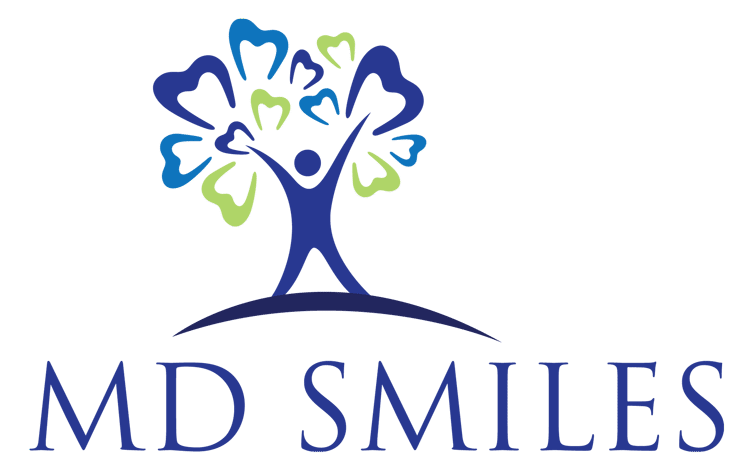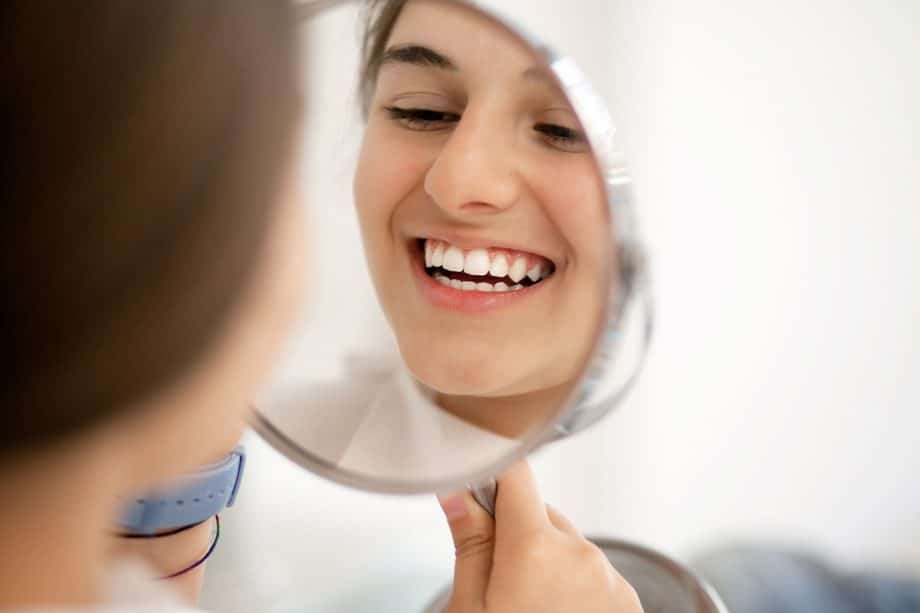If your dentist tells you that you need deep cleaning, it means that you need a treatment known as scaling and root planing, to treat gum disease. If left untreated, even mild gum disease can progress to periodontitis, which puts not only your oral health at risk, but may also put your overall health at risk. Deep cleaning is a common dental procedure that will not cause your teeth to become loose and certainly won’t lead to them falling out. On the contrary, a deep cleaning is instrumental in stopping the progression of gum disease and restoring your gums to health. Read on for what to know about getting a deep cleaning for your teeth.
Benefits of Deep Cleaning
The primary benefit of deep cleaning is to eliminate bacteria so that it doesn’t spread. This is accomplished through scaling, which is the process of removing plaque and tartar above and below your gum line. During root planing, the roots of your teeth will be smoothed, so that the gum tissue which has separated from your teeth can reattach. This eliminates the pockets that are collecting bacteria. In sum, a deep cleaning restores your gum and bone to a healthy state.
Do I really need a deep cleaning?
If your dentist has recommended a deep cleaning for your teeth, it is because pockets of bacteria have developed between your teeth and gums. In other words, you have gum disease. Do not panic if you are told that you have gum disease. Nearly 50% of adults have some degree of gum disease, ranging from mild (gingivitis) to severe (periodontitis). Approximately 30% of people may experience chronic or recurring periodontitis.
If the bacteria is not removed, it can lead to an infection. It will also begin to weaken the bone that holds your teeth in their proper position. This can lead to tooth loss. Moreover, there is a growing body of evidence that suggests that the bacteria built up in the pockets between your teeth and gums can enter your bloodstream. This puts you at risk of infection, and inflammation spreading in the body. It may also contribute to other chronic conditions including diabetes and rheumatoid arthritis. In worst cases, this bacteria may lead to an infection (endocarditis) or inflammation (myocarditis) of the heart.
Signs of Gum Disease
Mild gum disease can be diagnosed and successfully treated with regular dental cleanings and exams. However, if you don’t see the dentist regularly, you may suspect you have developed gum disease if you develop any of the following symptoms.
- Red gums
- Bleeding gums
- Swollen gums
- Pain when chewing
- Bad breath
- Persistent bad taste in your mouth
- Receding gums
- Sensitive teeth
- Loose teeth
If you notice any of these symptoms, it’s important to seek dental treatment as soon as possible. Gum disease will not resolve on its own without treatment.
Does Deep Cleaning at the Dentist Hurt?
Scaling and root planing is not a painful treatment. Before your dentist or hygienist begins to clean, the area of your mouth to be treated will be numbed. Depending upon the severity of your periodontal disease, and your tooth sensitivity, the cleaning may be spread over a couple of visits.
Following your deep cleaning, you may experience some tenderness in your gums and teeth for a few days. Your dentist may recommend oral medications including pain relievers or anti-inflammatories to help with your discomfort. You may also receive a prescription for mouthwash, or antibiotics to prevent infection. All pain or discomfort should be resolved within a week. If pain persists beyond one week, notify your dentist.
Learn More About Deep Cleaning Treatments at MD Smiles in Ellicott City
If you’re experiencing any signs of gum disease, schedule an appointment at MD Smiles today. During your dental exam, you will be screened for gum disease. Mild gum disease often responds to a thorough dental cleaning. If more severe gum disease is found, you will be scheduled for a deep cleaning quickly. Contact us today by calling 410-531-2690 . For your convenience, you may also request an appointment online.

